Herbs Selection
Exploring Plant Options: A Guide to Herb Selection
Welcome to our comprehensive guide on selecting the perfect herbs for your garden or indoor space. Herbs not only add flavor to your culinary creations but also offer a range of health benefits and can enhance the aesthetic appeal of your surroundings. Let's dive into the world of herbs and discover the best options for your needs.
1. Basil
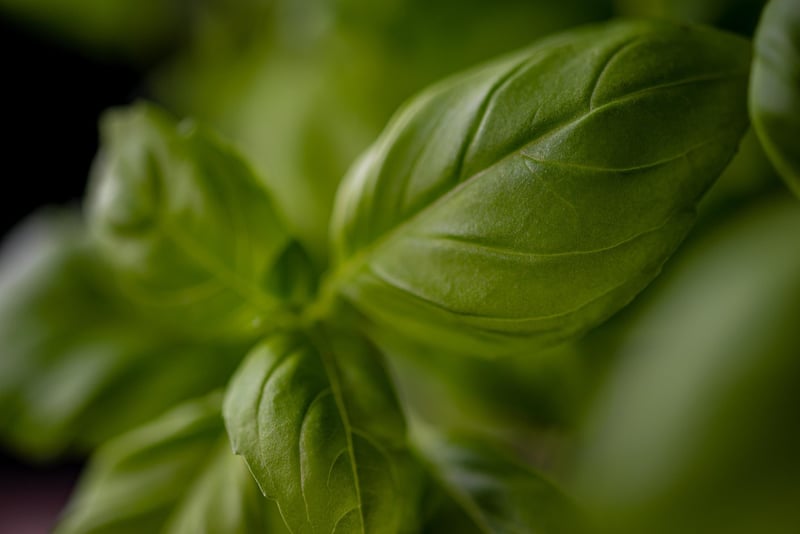
Basil is a versatile herb with a distinct aroma and flavor. It is commonly used in Italian cuisine, particularly in dishes like pasta and pizza. Basil plants thrive in warm, sunny conditions and can be grown both indoors and outdoors.
2. Mint
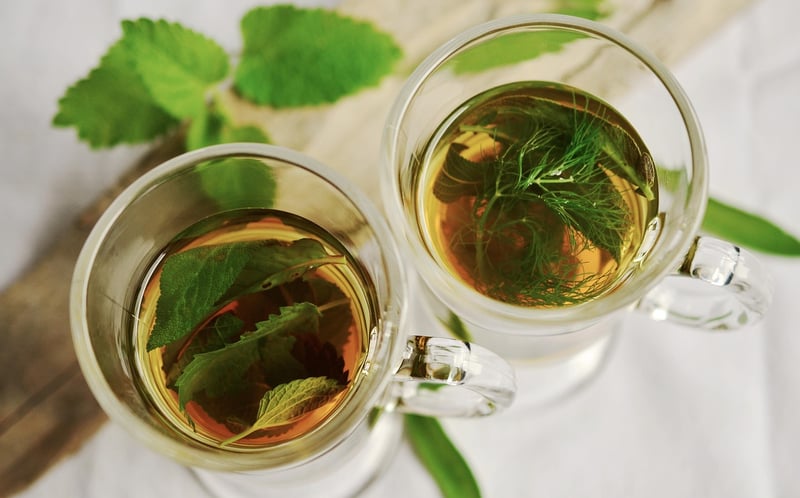
Mint is known for its refreshing taste and is often used in teas, cocktails, and desserts. This herb is relatively easy to grow and requires regular pruning to prevent it from taking over your garden. Mint plants prefer partial shade and moist soil.
3. Rosemary
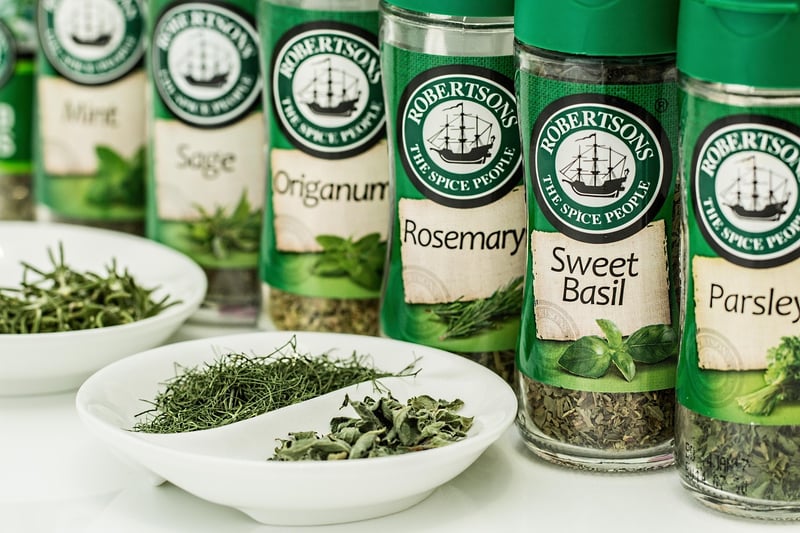
Rosemary is a fragrant herb commonly used in Mediterranean cuisine. It pairs well with roasted meats, vegetables, and bread. Rosemary plants thrive in sunny locations with well-draining soil and are drought-tolerant once established.
4. Parsley
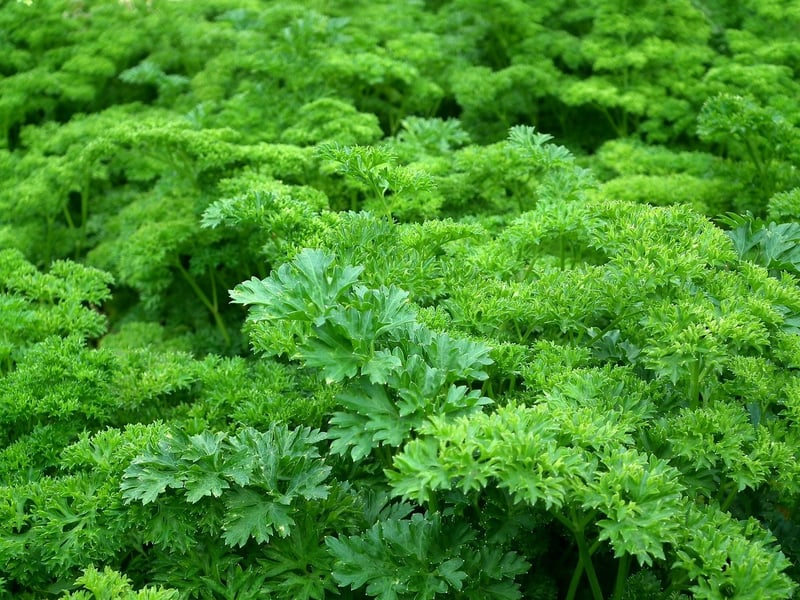
Parsley is a versatile herb that adds freshness to a variety of dishes, including salads, soups, and sauces. There are two main types of parsley: curly leaf and flat-leaf (Italian) parsley. Both varieties are easy to grow and prefer rich, moist soil.
5. Thyme
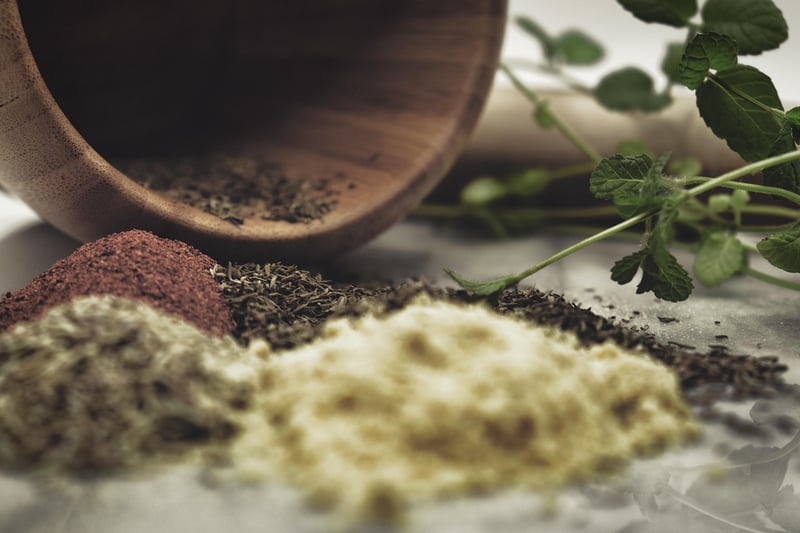
Thyme is a fragrant herb with small leaves and a subtle lemony flavor. It is commonly used in Mediterranean and French cuisines. Thyme plants require well-drained soil and plenty of sunlight to thrive.
6. Chives
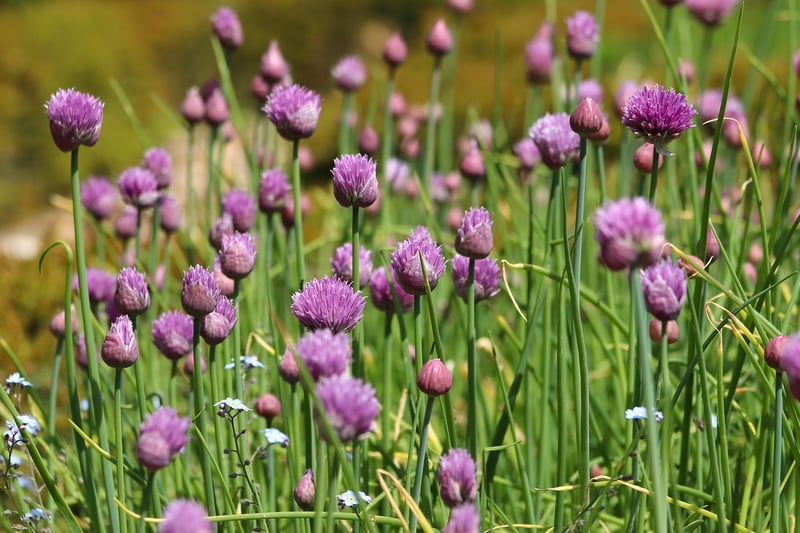
Chives are members of the onion family and have a mild onion flavor. They are often used as a garnish for dishes or added to salads, soups, and dips. Chive plants prefer rich, well-draining soil and can be grown both indoors and outdoors.
By incorporating these herbs into your garden or indoor space, you can elevate your culinary creations and enjoy the numerous benefits they offer. Experiment with different herbs to discover unique flavor combinations and enhance your cooking skills.
Remember to regularly water and prune your herb plants to ensure healthy growth and maximize their flavor. Happy herb gardening!
